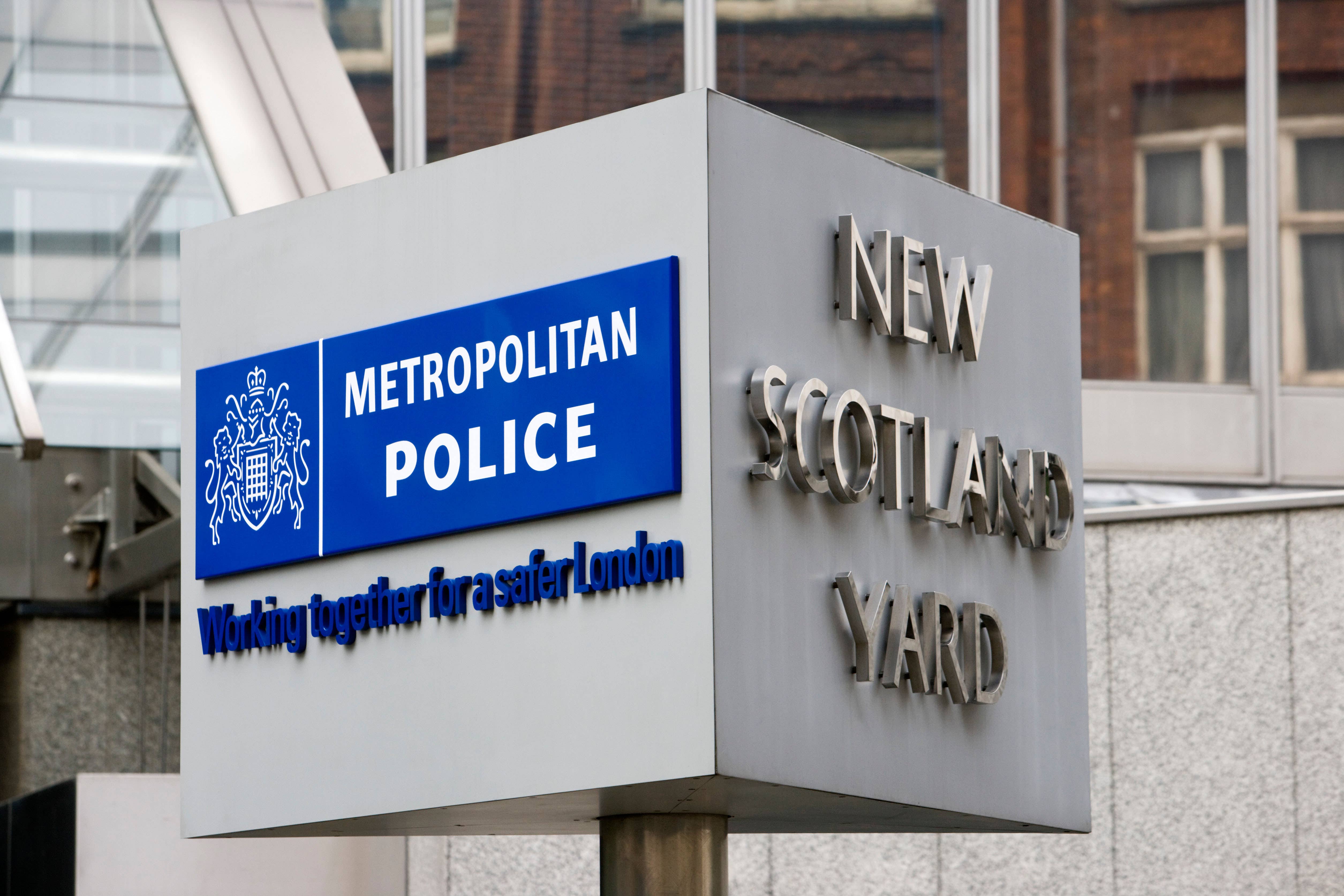Government unveils plans to overhaul police disciplinary system
Chief constables, or other senior officers, will have greater powers to root out and sack rogue staff from their forces.

Police officers in England and Wales will face automatic dismissal if found guilty of gross misconduct under plans to overhaul the disciplinary process.
Chief constables or other senior officers will have greater powers to root out and sack rogue staff from their forces as part of reforms which will see them again preside over misconduct hearings.
Force bosses will also have the right to challenge decisions, the Home Office said, while law changes will make sure officers who fail vetting checks can be sacked.
For too long our police chiefs have not had the powers they need to root out those who have no place wearing the uniform
The move is a bid to rebuild public trust and confidence in policing after it was shattered by a slew of scandals, including the murder of Sarah Everard by serving Metropolitan Police officer Wayne Couzens and the unmasking of former police constable David Carrick as a serial abuser and rapist.
The Home Office carried out a review of the police disciplinary system after the cases.
The Government wants to bring in the changes as soon as possible, with officials hoping they will be in place by next spring, it is understood.
Officials are also looking at creating a list of criminal offences that would automatically amount to gross misconduct on conviction, and are exploring the idea of expanding the rights of police and crime commissioners to challenge disciplinary decisions to make sure chief constables are held to account for their rulings.
Some chief constables welcomed the plans but the Police Federation of England and Wales, which represents rank-and-file officers, said the shake-up was a “huge retrograde step during a pivotal moment where we are looking to improve the service and restore public confidence” and warned it could see a return to the “dark days” of “kangaroo courts”.
The head of watchdog the Independent Office for Police Conduct (IOPC) previously warned against making chief constables “judge and jury” in disciplinary hearings.
Labour’s shadow home secretary Yvette Cooper said the reforms were “long overdue” while Liberal Democrat home affairs spokesman Alistair Carmichael said it was a “disgrace that it’s taken so long in the first place”.
Gavin Stephens, one of Britain’s most senior officers as chairman of the National Police Chiefs’ Council, welcomed the “sensible” plans, telling the PA news agency they will put police chiefs “back in control” of being able to quickly remove corrupt staff.
Since he took on the role of Metropolitan Police Commissioner last year, Sir Mark Rowley has been pushing for change after estimating there were hundreds of rogue officers in his force, but the rules in place meant he was powerless to dismiss them.
He said: “I’m grateful to the Government for recognising the need for substantial change that will empower chief officers in our fight to uphold the highest standards and restore confidence in policing.”
Lawyers known as legally qualified chairs (LQCs) were brought in to oversee police disciplinary panels in 2016 as part of efforts to make the system more transparent, but critics say the system is too slow and senior officers are more likely to sack those found guilty of wrongdoing.
Under the plans unveiled on Thursday, a finding of gross misconduct will automatically result in a police officer’s dismissal unless exceptional circumstances apply.
The Home Office was unable to explain what would be classed as an exceptional circumstance but confirmed it would be down to the disciplinary panel in the case to decide whether this would exempt an officer from being immediately fired. Officials said work on how the measures would work in practice was still taking place.
Policing minister Chris Philp told Sky News “exceptional circumstances” is a “fairly standard legal phrase” and he could not “imagine what those would be”.
The changes mean rogue officers will have “nowhere to hide” and the reforms took so long to be announced because the Government had been looking at the matter “very carefully”, he added.
No-one has yet explained to me or can present a convincing argument as to why the present system does not fulfil that role of being an open, transparent and fair process
Independent lawyers will continue to sit on the panel to advise and maintain “rigour”, but now in a supporting role.
The outcome of the hearings will still be determined by a majority panel decision and they will continue to take place in public.
John Bassett, a barrister representing the National Association of Legally Qualified Chairs, speaking in a personal capacity, said he was “disappointed” by the proposals and branded them a “fudge” which do not address the issues.
Defending the current system as an “open, transparent and fair process”, he warned that without having independent lawyers leading a disciplinary panel, forces would effectively revert to the “pre-2016 system or something similar” under which “police officers or police chiefs are marking their own homework”.
But Mr Philp told BBC Breakfast the measures strike “the right balance” and make sure the process is “fair”, with officers having the right to appeal to the Police Appeals Tribunal.
Bookmark popover
Removed from bookmarks